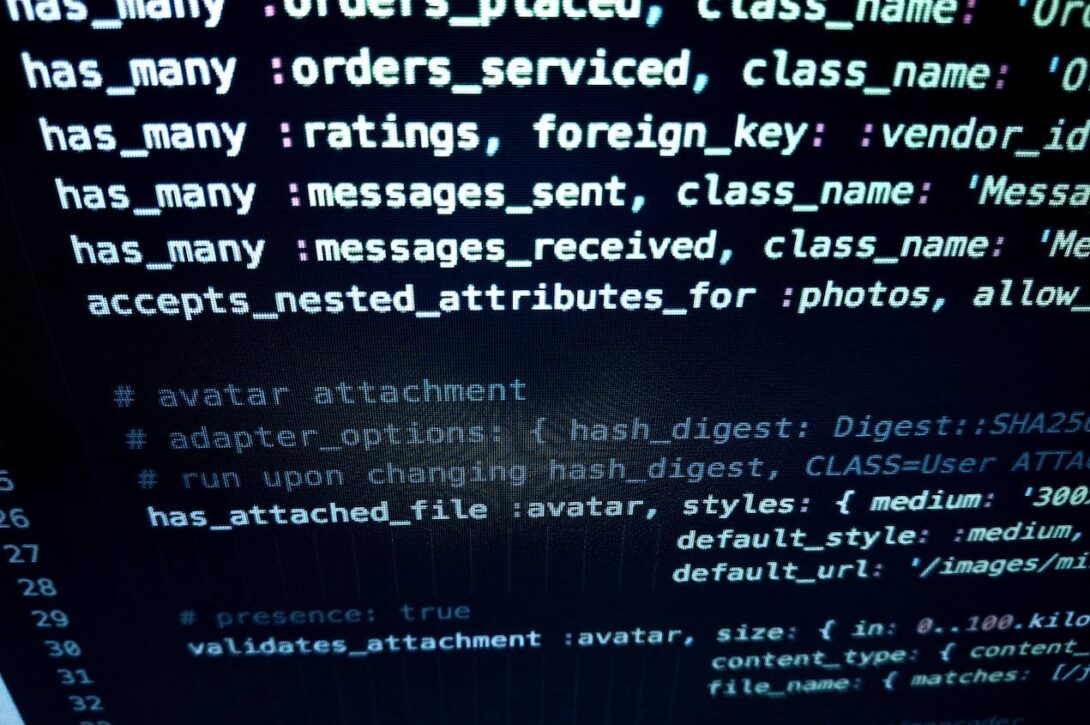Author: Vicki Nash
News
- Articles from Policy & Internet
- Books
- Call for Papers
- Child Safety
- Collective Action
- Conferences
- Democracy
- Development
- Economics
- Education
- Environment
- Ethics
- Governance & Security
- Health
- Interviews
- Mapping
- Methods
- Policy
- Politics & Government
- Publications
- Social Data Science
- Submissions Closed
- Tools
- Video
- Wellbeing
-

Evidence on the extent of harms experienced by children as a result of online risks: implications for policy and research
If we only undertake research on the nature or extent of risk, then it’s difficult…
-

Responsible research agendas for public policy in the era of big data
—
Bringing together leading social science academics with senior government agency staff to discuss its public…
-

Personal data protection vs the digital economy? OII policy forum considers our digital footprints
The fact that data collection is now so routine and so extensive should make us…